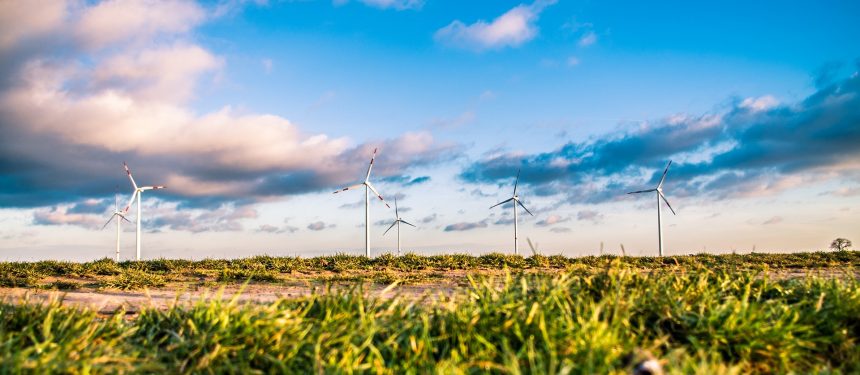The University of Calgary in Canada has linked up with the German-based research institute, the Max Planck Society for future energy research collaboration and exchange.
News and business analysis for Professionals in International Education
Have some pie!
Max Planck Society and UCalgary team up
 Energy transitions are global challenges, making collaboration with prestigious partners vital, according to the EIS group at the University of Calgary. Photo: Pixabay
Energy transitions are global challenges, making collaboration with prestigious partners vital, according to the EIS group at the University of Calgary. Photo: Pixabay A MOU signed by the two organisations focuses on cooperation on Energy Transitions research and envisions joint conferences and workshops as well as exchange of researchers.
“We have incredible expertise in the humanities and social sciences focused on the transition to a low-carbon economy,” said Ed McCauley, vice-president (research) at the University of Calgary, in a statement.
“Understanding and researching energy transitions by definition needs to be international”
“Our energy research strategy is built upon cross-disciplinary collaboration, and this partnership with the Max Planck Society presents an opportunity to participate in world-class international teamwork.”
According to the University of Calgary, the partnership evolved out of workshops between the institute’s Energy In Society research group and the Max Planck Institute for the History of Science (Berlin).
Speaking on behalf of the Energy In Society group at the Calgary Institute for the Humanities, Petra Dolata, Canada Research Chair in the History of Energy, said that energy transitions are global challenges, which cross borders and impact societies everywhere.
Therefore, working with an international organisation such as the Max Planck Society is extremely important, she said.
“Understanding and researching the politics, culture and history of energy transitions by definition need to be trans-, cross- and international,” Dolata explained.
“It also means that we should avoid duplicating existing research into these aspects of energy transitions and aim for determining best practices, while being cautious that no one solution will fit all societies nor will they be equally accepted.”
The Max Planck Society is the first of many potential collaborative partners, she stated, adding that the society’s approach to research and its focus on energy transformations research made it an attractive partner.
Complementary research interests, diverse backgrounds, innovative conceptual and methodological approaches and funding potentials are key drivers for EIS when selecting research partners, Dolata told The PIE News.
The group is always interested in collaboration with international partners, she explained, but is not driven by outside factors including visa requirements.
According to its website, the Max Planck Society has 84 institutes in Germany, five institutions abroad, and 17 Max Planck Centers located at research institutions including Princeton in the US, and the University of Tokyo in Japan.
Its institutes are involved in more than 2,500 projects with 5,000 international partners in more than 100 countries. In 2016, 56% of its 15,400 visiting scientists to the Max Planck institutes in Germany were foreign citizens.
Still looking? Find by category:


